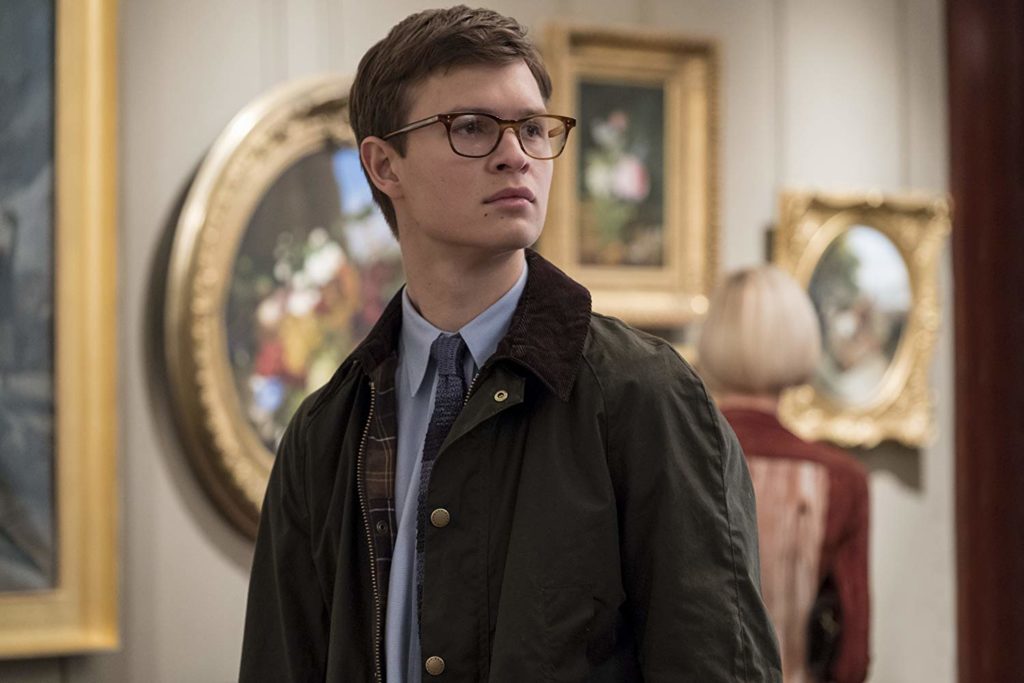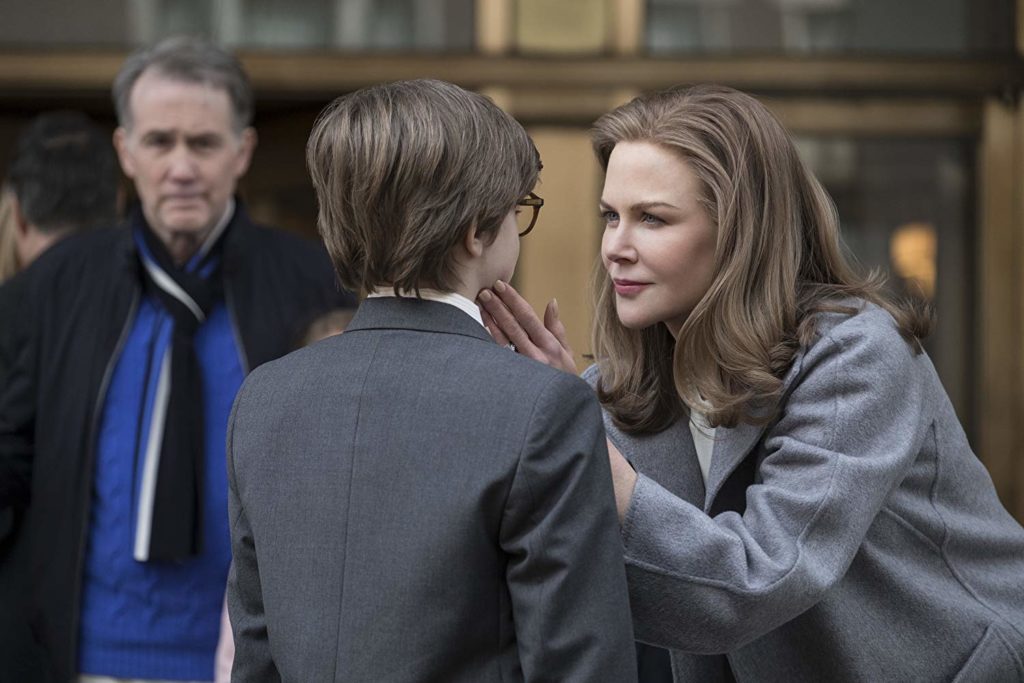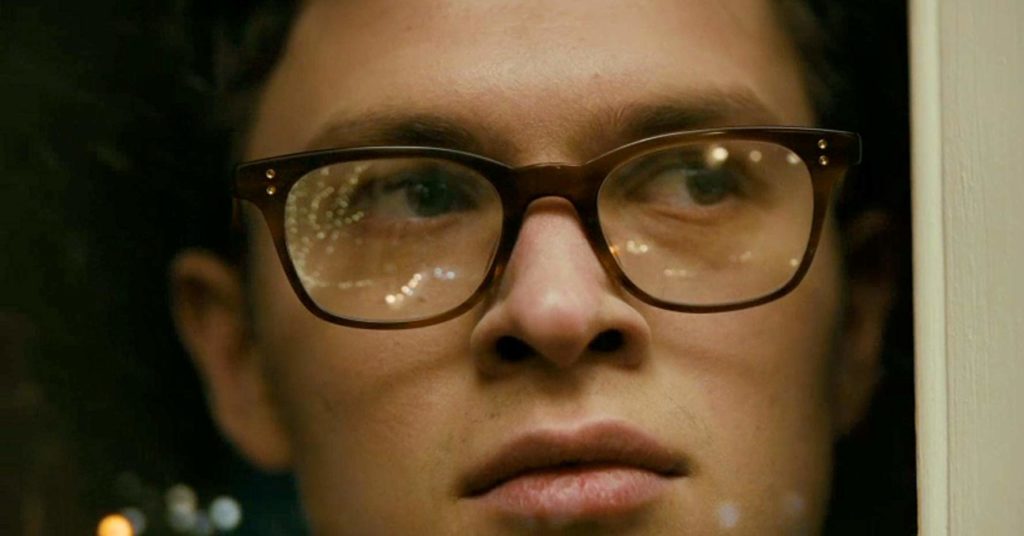As a fan of several of the actors involved in the film, The Goldfinch was a project I really wanted to like. Unfortunately, I just couldn’t.
The Goldfinch has endless potential. It is based on a popular book, which already provided the film with an established fan base, and starred popular actors including Aneurin Barnard, Ansel Elgort, Finn Wolfhard, Nicole Kidman and Sarah Paulson. It should have been a major hit, yet has performed abysmally in the U.S, and seems likely to have similar results in the U.K when it premieres later this week. I can’t say I’m surprised.

For all the talent involved in making The Goldfinch, there is nothing that can save it from itself. Where the plot should be heartbreaking, it’s boring instead, bouncing between one traumatic incident and another without any real emotion. The film is so preoccupied ticking off events that it fails to create even one moment where the audience feels close to Theo. We travel from a New York bomb site to the Barbour’s, to Las Vegas and back again, all without feeling like we know Theo (Oakes Fegley/Ansel Elgort) any better than before. He is still a mystery, and not in a good way.
This issue is exacerbated by the bizarre decision to jump between past and present throughout the film, breaking the aftermath of the bombing up into fragments that seem impossible to fully grasp. In theory, splitting the moments which immediately follow the explosion into bursts of painful recollection sounds like an insightful way to explore PTSD. In reality, it just made for a messy and confusing watch that left me with a headache.
This is not to say that the performances themselves are bad. Aneurin Barnard, Ansel Elgort and Sarah Paulson especially try hard with what they’re given, but the product itself still drags them down.

The greatest tragedy of The Goldfinch is that there are moments that work really well, particularly scenes between Theo and Boris (Finn Wolfhard/ Aneurin Barnard). Their friendship, which at times feels more romantic than brotherly, is a highlight of the film and the times when they are on-screen are when you are most engaged. This is especially true of the last thirty or so minutes when as adults Theo and Boris reunite and take off on a dangerous adventure.
Their escapades take them away from Theo’s engagement party in New York, all the way to Amsterdam in the hopes of making an old wrong right. They fight tooth and nail to regain the painting, even risking death in the process, yet neither hesitates. While on their quest, we witness the two heal their fragile bond, which despite years apart, feels as natural as any friendship can. While other relationships are based on pain or usefulness, their’s seems to be the only genuine relationship in the entire film. Ugly at times, but always sincere.

While characters like Xandra (Sarah Paulson) and Larry (Luke Wilson) are intended to make audiences pity and root for Theo, it is only Boris who actually succeeds in making Theo a remotely likable character. The love and loyalty Boris has for Theo makes him seem more human than any preceding relationship. Indeed, it is their desperate attempt to find forgiveness together as adults that touches audiences in a way you would think The Goldfinch incapable. Moreover, it is in scenes with Boris that we see a lighter side to Theo, which is much needed in such a somber film.
I can’t help but think that had the film offered us more scenes with these two, The Goldfinch and its reviews would have turned out differently. But that did not happen. Instead, we got a film with moments that shone, but which ultimately dragged on at a painful pace.
The Goldfinch releases 27th September.
